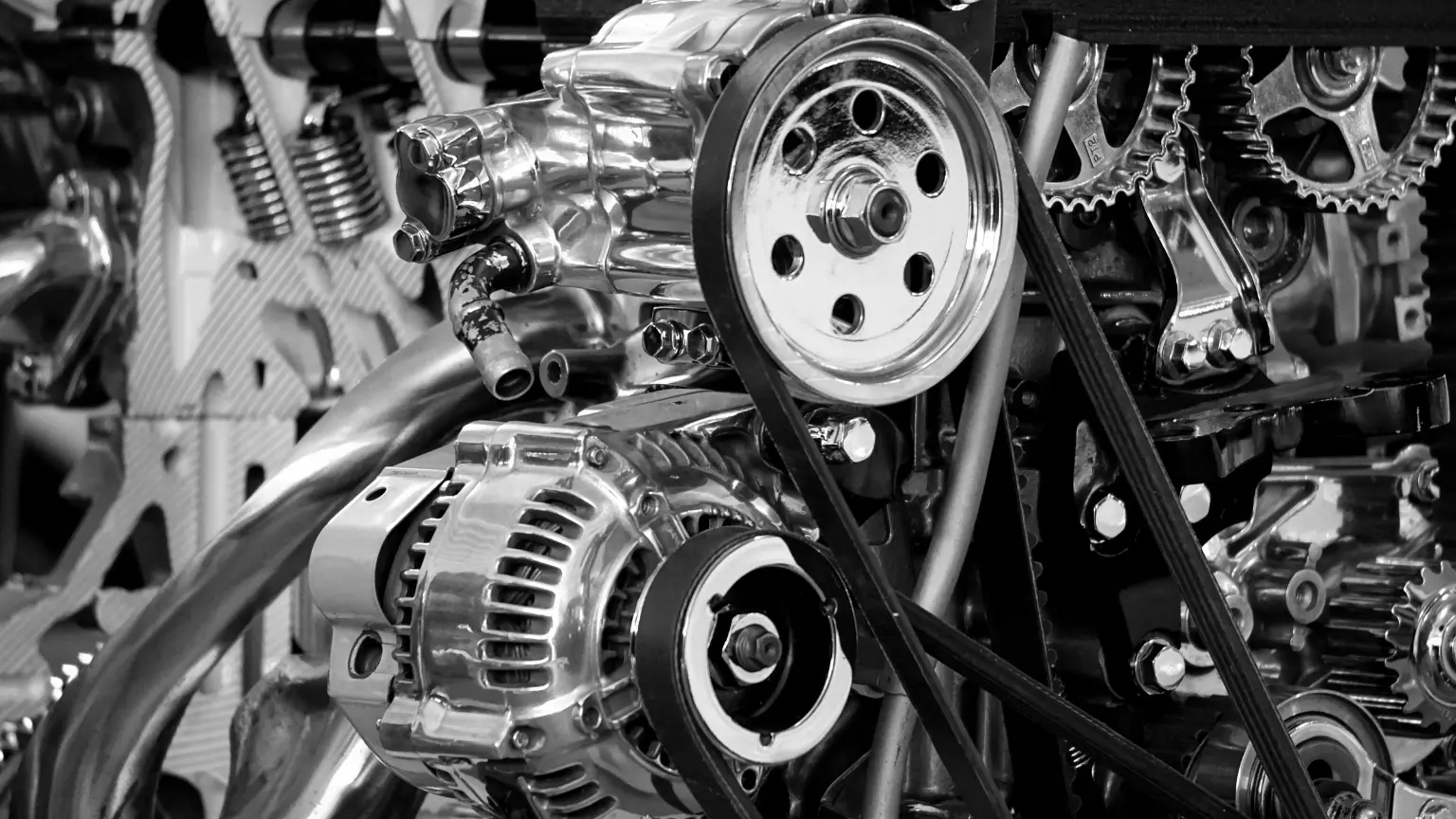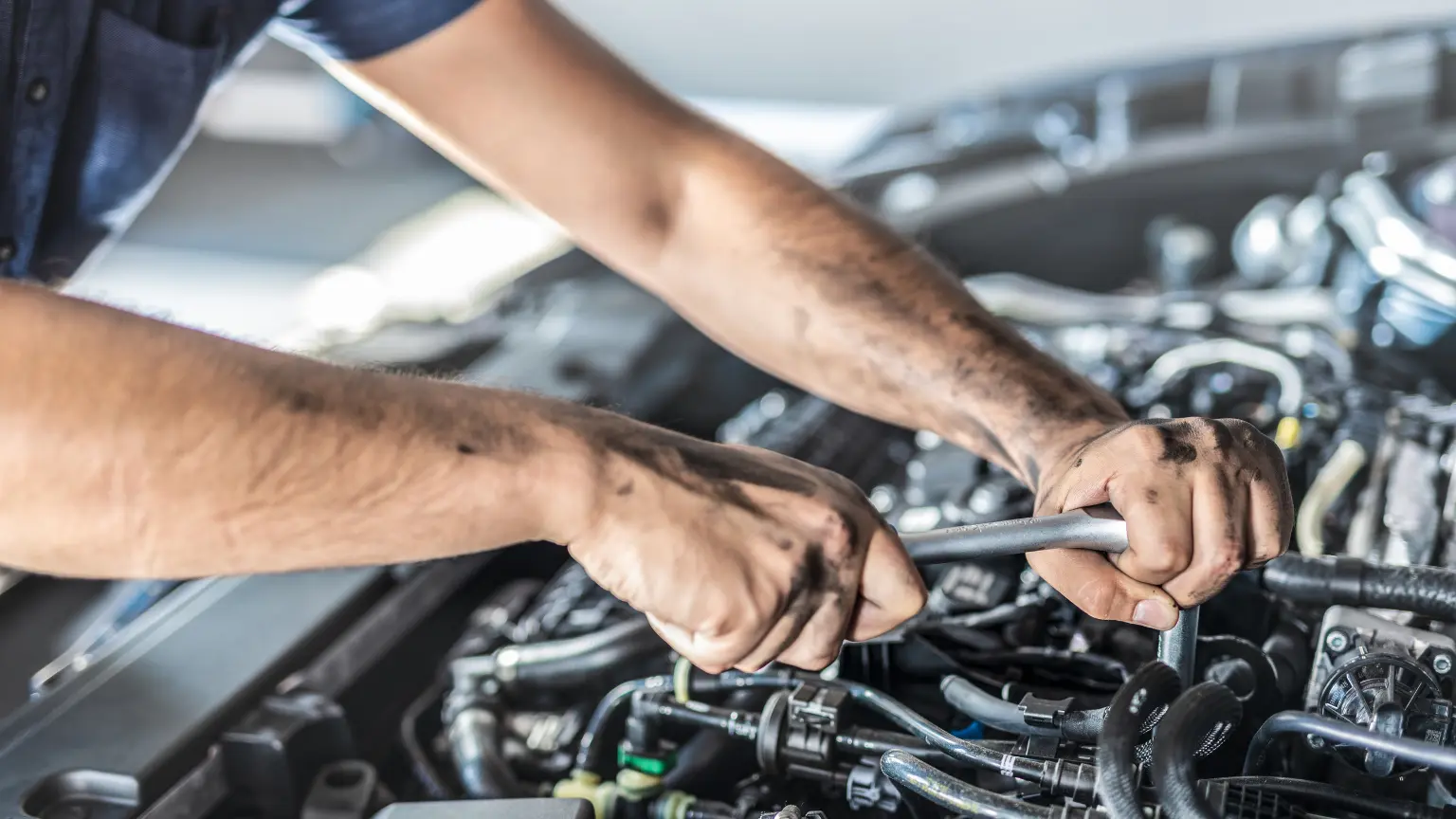Domestic vs. Foreign Transmissions: Key Differences in Repair
Explore key differences between domestic and foreign vehicle transmissions: from parts availability and repair costs to maintenance complexity, specialized tools, and expert service requirements.
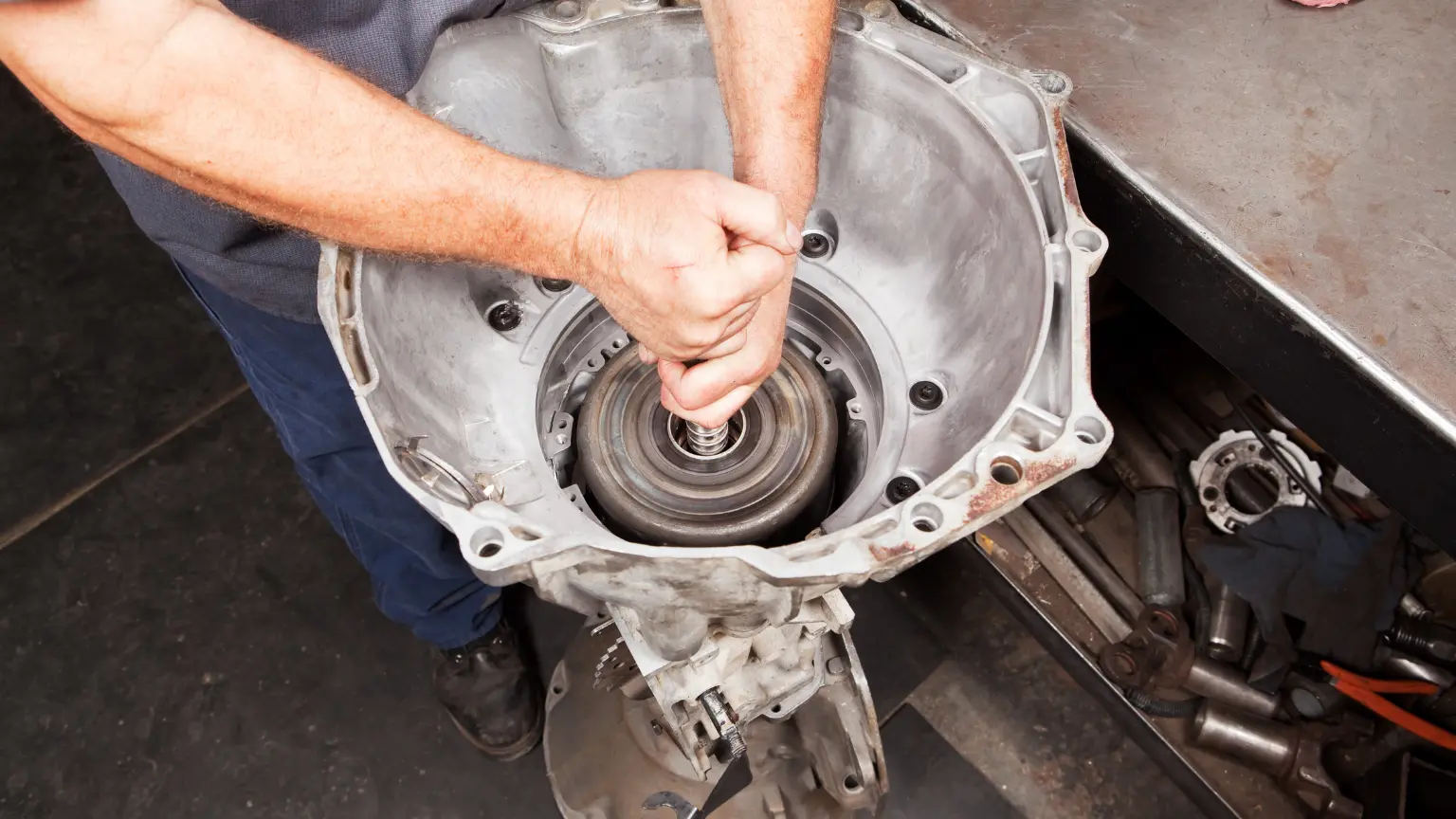
When it comes to automotive repair, understanding the key differences between domestic and foreign transmissions is crucial for vehicle owners and mechanics alike. Transmissions, the vital component that delivers power from the engine to the wheels, vary significantly between vehicles manufactured in the United States and those produced abroad. This blog post aims to explain these differences, providing essential insights into the distinct aspects of domestic vs foreign transmissions, including design, maintenance requirements, and repair costs.
Availability and Cost of Domestic vs Foreign Transmission Parts
Domestic Transmission Parts
These are generally recognized for their accessibility when it comes to repair parts. Domestic transmission services across the U.S. tend to stock a wide range of components for American-made vehicles, making replacement parts both quicker and more affordable to find. Availability stems from the high volume of domestically manufactured cars and the extensive network of suppliers dealing in domestic transmission parts. Consequently, this accessibility can significantly reduce the overall cost and turnaround time for transmission repair services, benefiting both the service providers and vehicle owners.
Foreign Transmission Parts
On the other hand, parts for foreign transmissions can be less straightforward to obtain. Many components for vehicles manufactured outside the U.S. need to be imported, which can introduce delays and additional costs due to shipping and customs procedures. Foreign car transmission repair often involves specialized parts that may not be readily available at local stores or even within the country. Scarcity can drive up the prices significantly, as the market for imported parts is less saturated and typically monopolized by specific dealers and importers.
Impacts on Repair Time and Costs
For domestic vehicles, the widespread availability of parts means repairs can often be completed swiftly, keeping labor costs lower and allowing for quicker turnaround. In contrast, sourcing parts for foreign transmissions can extend repair duration and increase labor costs due to the additional time spent waiting for parts to arrive. This not only affects the repair shop's efficiency but also impacts the vehicle owner's downtime, potentially leading to higher indirect costs like rental fees or alternate transportation.
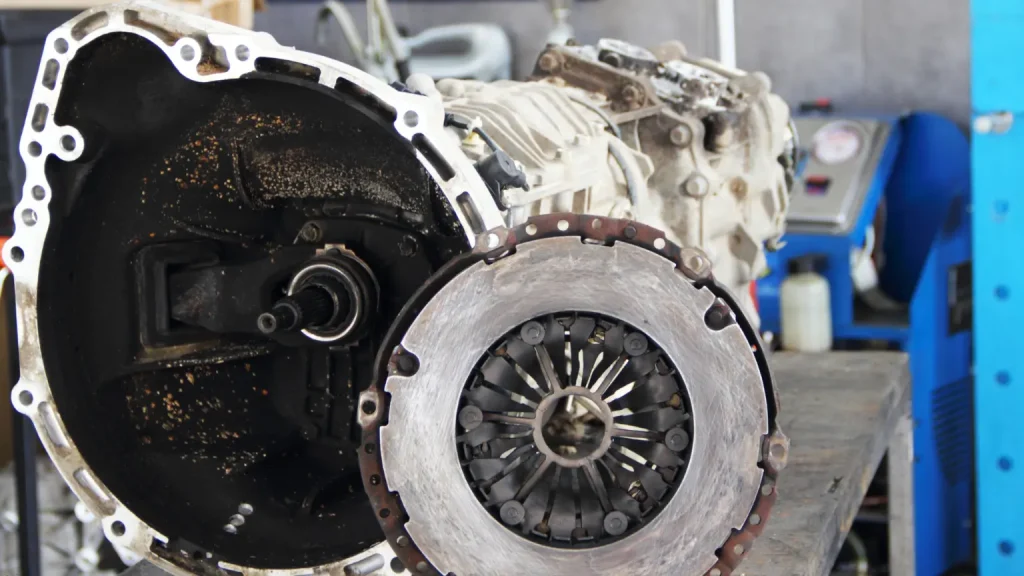
Finding Affordable Parts for Foreign Repairs
Reputable transmission shops that specialize in foreign vehicles often have established relationships with importers and can sometimes offer competitive pricing for parts that regular shops cannot. Exploring aftermarket options or remanufactured parts can be a cost-effective alternative to OEM parts. Vehicle owners are advised to consult with foreign transmission repair specialists who can provide insights into the most economical and efficient repair solutions for their specific model and make.
Transmission Repair Differences
Domestic Transmissions
Domestic vehicles are often praised for their robust and straightforward mechanical designs, making them easier to service and maintain. The engineering behind these vehicles focuses on durability and ease of repair, which aligns with the preferences of many American consumers who value reliability and cost-effectiveness. Such simplicity ensures that local mechanics can easily undertake maintenance and fixes without the need for specialized knowledge or tools. The straightforward nature of these systems typically results in lower service costs and shorter repair downtime.
Foreign Transmission
Foreign automakers frequently incorporate more advanced technology and complex engineering in their designs. This approach often includes the use of continuously variable transmissions (CVT) and dual-clutch systems, which offer improved fuel efficiency and smoother ride quality. However, these sophisticated mechanisms require specific diagnostic tools and advanced technical training, making them more challenging and expensive to repair. The complexity not only demands specialized expertise from the service provider but also results in longer repair times than those of their domestic counterparts.
Importance of Specialized Tools
Specialized tools are vital in automotive repair, particularly for complex systems like those found in foreign cars. They enable technicians to work with a high level of precision and efficiency, essential for maintaining the integrity of sophisticated machinery. Here's a deeper dive into the importance of these tools:
- Accurate Diagnostics: The use of modern diagnostic tools marks a significant advancement in automotive technology. These tools interface seamlessly with a car's computer system, allowing technicians to pinpoint problems quickly and accurately. By doing so, they reduce the time spent on trial and error, streamline the repair process, and ensure that the vehicle's intricate systems are correctly assessed and treated. Accuracy is particularly crucial for foreign models, where errors can lead to costly damages and prolonged downtimes.
- Efficiency in Repairs: Specialized automotive tools are designed to perform specific repair tasks faster and with greater precision. This capability is crucial in a busy repair shop, where time is of the essence. Efficient tools enable mechanics to perform repairs more quickly, reducing labor costs and minimizing the time a vehicle spends in the shop. Efficiency is not just beneficial for the service provider but also enhances customer satisfaction by getting their vehicles back to them sooner.
- Minimized Risk of Damage: The right tools are designed to fit perfectly with the unique components of different car models, reducing the risk of damaging sensitive parts during repairs. This is particularly important when dealing with foreign transmissions, which often include bespoke elements not found in domestic models. Using generic tools can lead to improper handling, thereby increasing the likelihood of incurring further damage and additional costs.
- Enhanced Safety: Repairing a vehicle involves risks, particularly when dealing with heavy or complex components. Specialized tools ensure that these tasks are carried out safely, reducing the risk of injury to mechanics due to tool slippage or malfunction. Furthermore, these tools can also protect the vehicle from accidental damage, ensuring that all repairs are carried out without introducing new issues.
- Cost-Effectiveness: Initially, investing in high-quality, specialized tools may seem expensive. However, their ability to prevent frequent repairs, reduce downtime, and avoid damage to expensive parts makes them a cost-effective solution in the long run. For repair shops, particularly those dealing with high-end or foreign models, the investment in the right tools can enhance reputation and customer trust, leading to increased business and profitability.
The use of specialized tools in automotive repair is not just a matter of convenience but a crucial aspect of maintaining the high standards required in modern vehicle maintenance. By investing in the right tools, repair shops can ensure that they provide the best possible service to their customers, preserving the vehicle's functionality and safety.
Transmission Repair Shop Expertise: Domestic vs. Foreign
Choosing the Right Repair Shop
Selecting a competent transmission repair shop is crucial for ensuring your vehicle receives the proper care it needs. For domestic models, most local shops are equipped to handle the necessary services due to the commonality of the vehicles and their parts. However, for foreign models, it is advisable to seek specialists familiar with your car's specific brand and model. These specialists typically have the precise tools and expertise required to diagnose and rectify issues efficiently, ensuring your vehicle operates at its best after service. Foreign transmission repair specialists often possess a deeper understanding of the unique needs and potential issues associated with particular models. This expertise is crucial for complex repairs, where general mechanics might lack the necessary knowledge.
Certifications and Training Required
The field of automotive repair for foreign cars, especially those involving specialized transmission systems, demands specific certifications and ongoing training. Mechanics working on these vehicles must possess a deep understanding of the technologies used by various manufacturers and the proper methods for addressing issues without causing further complications. Here’s a breakdown of the essential certifications and training needed:
- ASE Certification: Achieving ASE Certification is a fundamental requirement for mechanics wishing to excel in the automotive repair industry. This certification is provided by the National Institute for Automotive Service Excellence, an organization that sets the industry standard. Mechanics must undergo rigorous testing across various automotive systems to earn this credential, demonstrating their expertise and commitment to quality. For those specializing in transmissions, this certification highlights their ability to handle complex repair tasks and enhances their credibility with customers seeking high-quality service.
- Brand-specific Training: Many automakers offer training programs tailored to their specific models and technologies. This type of training is particularly important for mechanics working on foreign vehicles, as it covers the unique characteristics and repair methods required for each brand. By completing these programs, mechanics gain valuable insights into the technological innovations and systems used by different manufacturers, ensuring they are equipped to address any issues with precision and care.
- Continuing Education: The automotive industry is marked by rapid technological advancements, especially in the design and functionality of foreign vehicles. Mechanics must engage in continuous learning to keep pace with these developments. Ongoing education ensures they remain knowledgeable about the latest repair techniques and automotive technologies, which is essential for maintaining the high standards expected in modern automotive care.
- Diagnostic Training: Modern vehicles, particularly those from foreign brands, are equipped with advanced computer systems that require specialized diagnostic tools. Mechanics need specific training to effectively use these tools, enabling them to diagnose issues and implement timely solutions accurately. This training is vital as it ensures mechanics can leverage technology to enhance the repair process, reducing the likelihood of errors and ensuring customer satisfaction.
- Hybrid and Electric Vehicle Certification: With the growing prevalence of hybrid and electric vehicles, mechanics must adapt to these new technologies. Certification in hybrid and electric vehicle repair is increasingly important, as it covers the unique aspects of these vehicles' transmissions and drivetrains. Such knowledge is essential for mechanics aiming to service a broader range of cars and stay competitive in a changing market.
Continuous professional development through certifications and training is indispensable for mechanics working on foreign vehicles. These educational pathways not only enhance their technical skills but also ensure they can provide high-quality service in a fast-evolving industry. By staying informed and skilled through these programs, mechanics can confidently address the complex challenges presented by modern automotive systems.
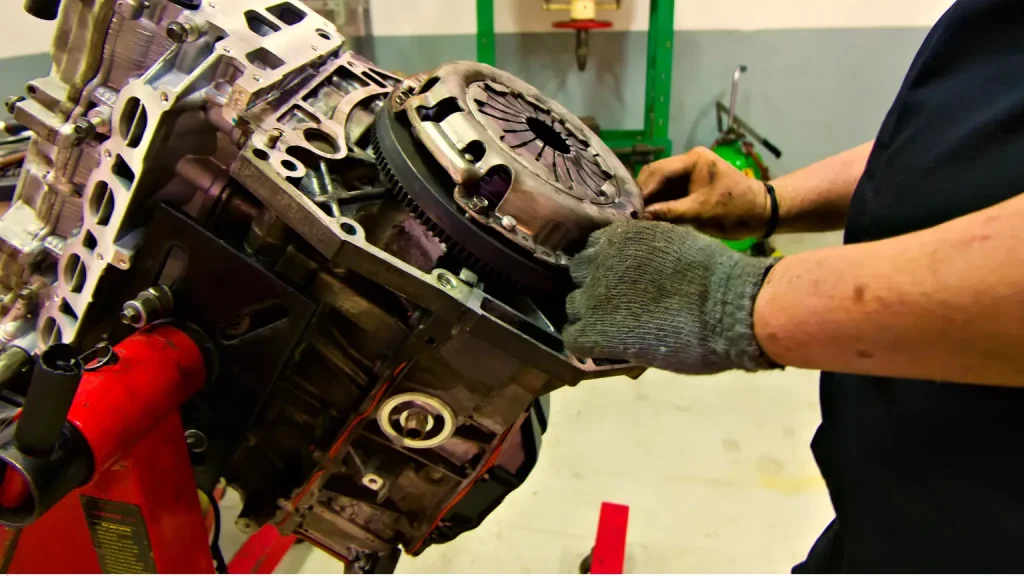
Transmission Service Protocols: Domestic vs. Foreign Vehicles
Impact of Maintenance Differences
There are recommended maintenance schedules and service protocols for domestic and foreign transmissions, emphasizing the importance of adhering to manufacturer guidelines and the impact of routine care on vehicle longevity. The disparity in maintenance protocols between domestic and foreign vehicles significantly affects their long-term ownership costs. While domestic cars may have lower upfront maintenance costs, foreign vehicles, with their more frequent and specialized maintenance needs, can lead to higher overall expenses over the life of the vehicle. However, this can be mitigated by adhering to a strict maintenance schedule, which helps in preserving the vehicle’s performance and reduces the likelihood of costly repairs in the future.
Adhering to Manufacturer Recommendations
Following the manufacturer’s recommended service schedule is crucial for maintaining any vehicle's transmission in good working condition. For domestic vehicles, this might mean less frequent checks and standard servicing, which aligns with the vehicles' durable nature. In contrast, foreign cars often come with more detailed and rigorous maintenance schedules that require professional attention from mechanics familiar with the specific models. Ignoring these recommendations can lead to significant problems down the line, potentially resulting in expensive repairs and decreased vehicle performance.
Labor Rates and Repair Costs
Domestic and foreign transmissions often differ significantly in terms of labor rates, technician fees, and overall repair costs. Domestic vehicles usually benefit from lower labor rates, as their transmissions are more familiar to most mechanics and require less specialized training. In contrast, foreign transmissions, especially those from European or high-end Asian brands, often demand technicians with advanced expertise and specialized diagnostic equipment, resulting in higher hourly rates. Additionally, the complexity of foreign transmission systems can increase both the time and cost of repairs. Vehicle owners should expect domestic transmission repairs to be more affordable, while foreign models typically incur higher technician fees and overall repair bills.
Transmission Warranties and Service Plans
Domestic Vehicle Warranties
Warranties for domestic vehicles typically cover transmission repairs, reflecting manufacturers' confidence in the durability of their products. These warranties often cover a broad range of issues for extended periods, greatly reducing the financial burden of repairs for vehicle owners. The straightforward nature of these service agreements makes them easy to understand and utilize, providing peace of mind to consumers who rely on their vehicles for daily activities.
Foreign Vehicle Warranties
In contrast, foreign vehicle warranties might include more extensive plans that cover additional aspects of transmission maintenance and repair. These extended warranties are particularly valuable given the complex nature of foreign transmissions and the higher costs of their repair. They often require that maintenance be carried out at specialized service centers to remain valid, which ensures the use of proper techniques and replacement parts, but can limit the owner's options for service providers.
Frequently Asked Questions
Understanding the differences in transmission problems between domestic and foreign vehicles can help owners anticipate repairs and maintenance needs. Below are answers to frequently asked questions comparing typical issues and service trends for each vehicle type.
What are the most common transmission issues in domestic vehicles?
Domestic vehicles often experience problems like slipping gears, delayed shifting, and worn clutch plates. These issues are typically related to age, fluid breakdown, or regular wear and tear from everyday driving.
What are the most frequent transmission problems in foreign vehicles?
Foreign vehicles frequently encounter issues with advanced systems such as dual-clutch or CVT transmissions, including erratic shifting, electronic sensor failures, and specialized fluid leaks that require unique diagnostic and repair approaches.
Are transmission repairs generally simpler for domestic vehicles?
Yes, domestic transmissions usually have straightforward mechanical designs, making diagnosis and repairs easier for most technicians. Parts are widely available, which helps reduce both repair time and complexity.
Why are foreign transmission repairs often more complex?
Foreign transmissions often use advanced technologies and unique engineering, such as dual-clutch or CVT systems. This complexity demands specialized tools, training, and sometimes proprietary parts for proper repairs.
Do domestic and foreign vehicles require different transmission maintenance?
Domestic vehicles typically need standard maintenance like fluid changes and filter replacements. Foreign vehicles may require more frequent service, specialized fluids, and software updates to maintain optimal transmission performance.
What warning signs should owners watch for in domestic transmissions?
Watch for slipping gears, rough shifting, delayed engagement, or unusual noises. These symptoms often indicate fluid issues or worn internal components and should be addressed promptly to prevent further damage.
What symptoms signal transmission trouble in foreign vehicles?
Erratic shifting, illuminated warning lights, hesitation, or fluid leaks are common signs of transmission issues in foreign vehicles. Advanced electronic controls may trigger dashboard alerts even before noticeable performance problems.
Are certain foreign brands more prone to transmission issues?
Some European and Asian brands with complex transmission systems, like dual-clutch or CVT, may be more susceptible to unique problems. Regular maintenance and specialized care can help minimize these risks.
How can owners minimize the risk of major transmission repairs?
Adhering to recommended maintenance schedules, using the correct fluids, and addressing minor issues early can help both domestic and foreign vehicle owners avoid costly transmission repairs.
When selecting a transmission service shop, customer reviews and recommendations are invaluable resources that can provide insights into the quality of service and customer satisfaction. Positive feedback, especially from those with similar vehicle types, can indicate a shop's reliability and expertise. Vehicle owners need to research and consider these opinions as part of their decision-making process. With this, they can increase their chances of finding local transmission shops that offer skilled service for both domestic and foreign vehicles, ensuring thorough and effective repairs. Protect your vehicle’s performance with Trans Medic Transmissions' expert diagnostics, specialized transmission care, and dependable repair solutions.
Follow a maintenance program
Ante gravida id aenean quis egestas risus nam amet nullam leo diam diam aliquam eu eu malesuada arcu rhoncus suspendisse nulla mattis ut amet sagittis in justo egestas.
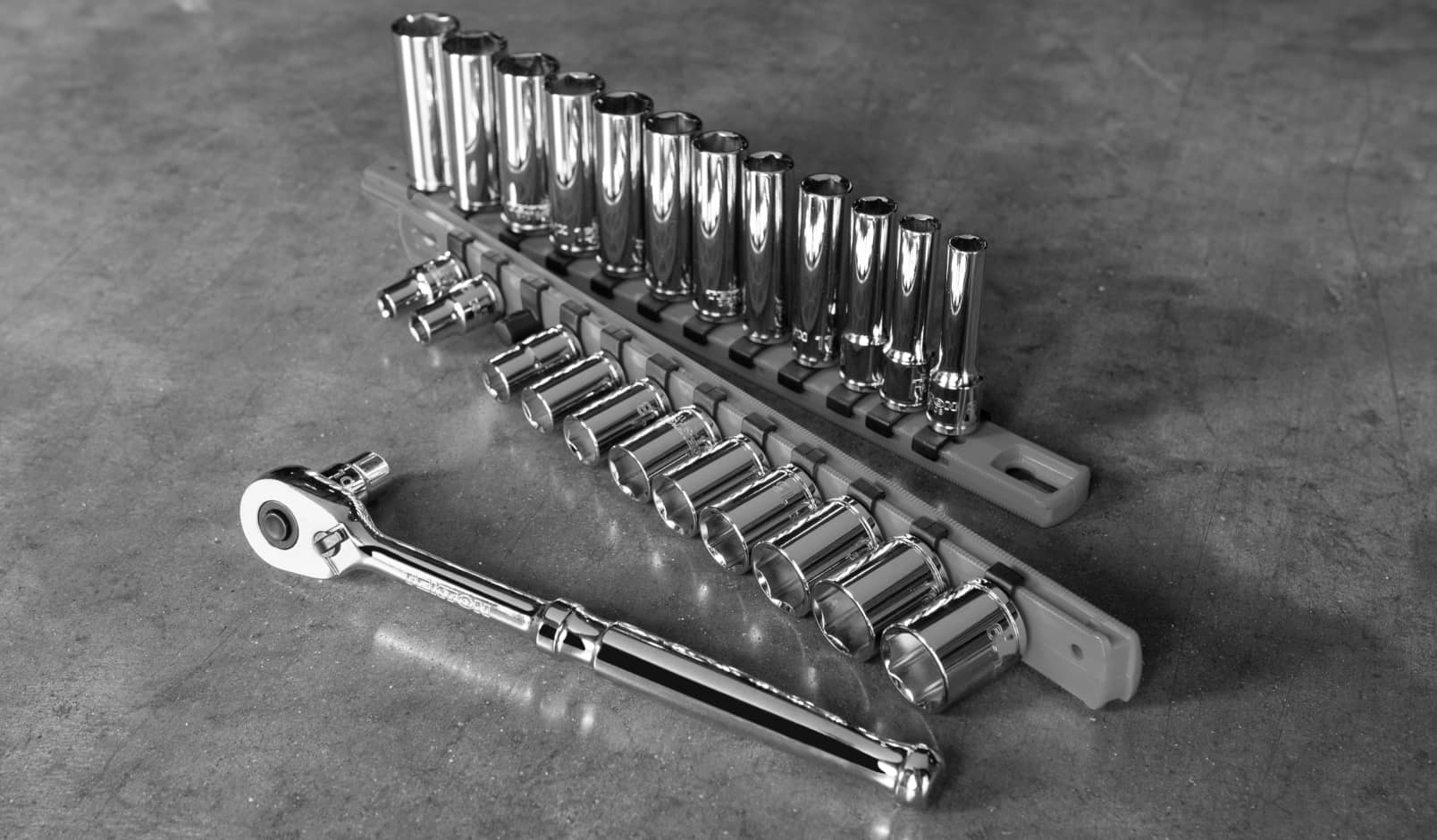
search for a trusted mechanic
Lorem ipsum dolor sit amet, consectetur adipiscing elit lobortis arcu enim urna adipiscing praesent velit viverra sit semper lorem eu cursus vel hendrerit elementum morbi curabitur etiam nibh justo, lorem aliquet donec sed sit mi dignissim at ante massa mattis.
- Neque sodales ut etiam sit amet nisl purus non tellus orci ac auctor
- Adipiscing elit ut aliquam purus sit amet viverra suspendisse potent
- Mauris commodo quis imperdiet massa tincidunt nunc pulvinar
- Excepteur sint occaecat cupidatat non proident sunt in culpa qui officia
Check the air pressure in your tires
Vitae congue eu consequat ac felis placerat vestibulum lectus mauris ultrices cursus sit amet dictum sit amet justo donec enim diam porttitor lacus luctus accumsan tortor posuere praesent tristique magna sit amet purus gravida quis blandit turpis.
Review your suspension frequently
At risus viverra adipiscing at in tellus integer feugiat nisl pretium fusce id velit ut tortor sagittis orci a scelerisque purus semper eget at lectus urna duis convallis. porta nibh venenatis cras sed felis eget neque laoreet suspendisse interdum consectetur libero id faucibus nisl donec pretium vulputate sapien nec sagittis aliquam nunc lobortis mattis aliquam faucibus purus in.
- Neque sodales ut etiam sit amet nisl purus non tellus orci ac auctor
- Adipiscing elit ut aliquam purus sit amet viverra suspendisse potent
- Mauris commodo quis imperdiet massa tincidunt nunc pulvinar
- Excepteur sint occaecat cupidatat non proident sunt in culpa qui officia
Service your vehicle as regularly as posible
At risus viverra adipiscing at in tellus integer feugiat nisl pretium fusce id velit ut tortor sagittis orci a scelerisque purus semper eget at lectus urna duis convallis. porta nibh venenatis cras sed felis eget neque laoreet suspendisse interdum consectetur libero id faucibus nisl donec pretium vulputate sapien nec sagittis aliquam nunc lobortis mattis aliquam faucibus purus in.
“Nisi quis eleifend quam adipiscing vitae aliquet bibendum enim facilisis gravida neque velit euismod in pellentesque”
Conclusion
Eget lorem dolor sed viverra ipsum nunc aliquet bibendum felis donec et odio pellentesque diam volutpat commodo sed egestas aliquam sem fringilla ut morbi tincidunt augue interdum velit euismod eu tincidunt tortor aliquam nulla facilisi aenean sed adipiscing diam donec adipiscing ut lectus arcu bibendum at varius vel pharetra nibh venenatis cras sed felis eget.

